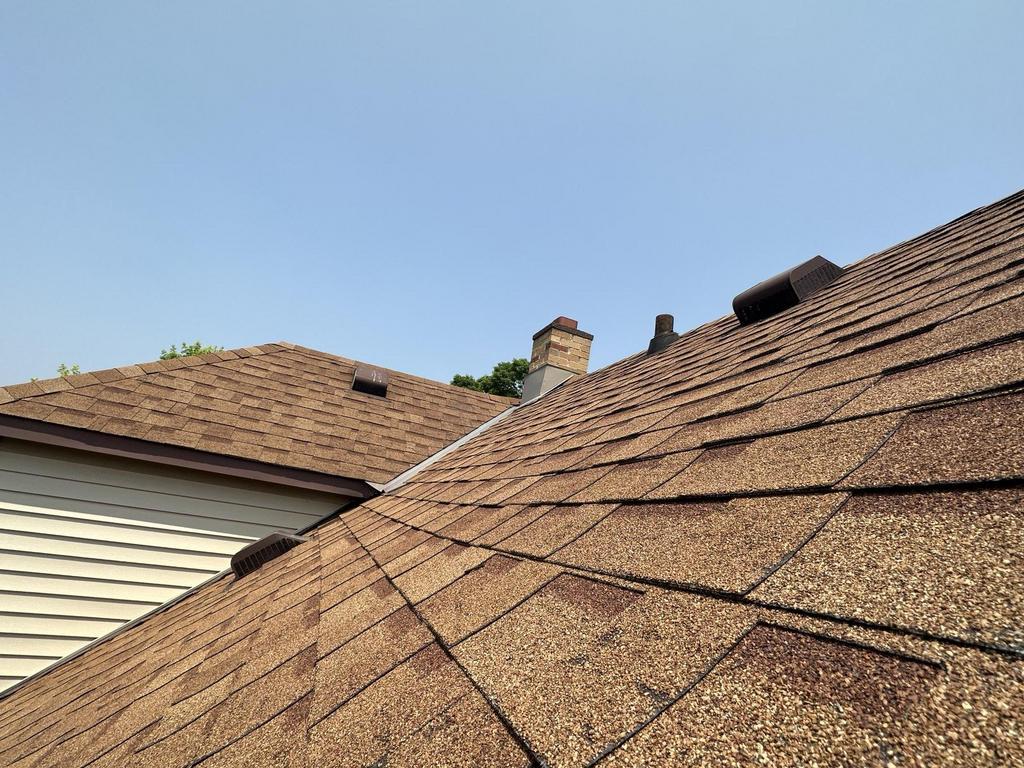
Squirrels, with their adorable appearance and playful antics, can capture our attention and admiration. However, when they decide to make your roof their home, the consequences can be problematic. Squirrels can wreak havoc by causing damage to your property, posing electrical hazards, and leaving unsanitary droppings behind. In this comprehensive blog post, we will delve into effective methods for preventing squirrels from accessing your roof and provide protective measures to keep them at bay. By implementing these prevention and protection tips, you can safeguard your home and maintain a peaceful, squirrel-free environment.

Squirrels are undoubtedly delightful creatures to observe in nature, but when they decide to make your roof their home, the consequences can be problematic. From causing damage to your property and posing electrical hazards to leaving unsanitary droppings behind, squirrel infestations can lead to a host of issues.
In this comprehensive blog post, we will delve into effective methods for preventing squirrels from accessing your roof and provide protective measures to keep them at bay. By implementing these prevention and protection tips, you can safeguard your home and maintain a peaceful, squirrel-free environment.
With their agility, squirrels can effortlessly utilize tree branches as a means to gain access to your roof. Regularly trim any overhanging branches that provide direct pathways to your roof. By maintaining a clear distance between trees and your house, you create a physical barrier that makes it more challenging for squirrels to leap onto your roof. Additionally, consider installing metal collars around tree trunks to prevent squirrels from climbing up.
Dense shrubbery close to your house not only offers shelter for squirrels but also serves as a convenient pathway for them to access your roof. Maintain a clear space between shrubs and your home's siding to eliminate hiding spots and minimize the chances of squirrel entry. Regularly trim shrubs and bushes near your house to create a less appealing environment for squirrels.
Squirrels are attracted to food sources such as acorns, bird feeders, and gardens with easily accessible fruits and vegetables. To discourage their presence, take steps to limit their access to these food sources. If you have acorn trees on your property, consider removing fallen acorns regularly. If you have bird feeders, opt for designs that are squirrel-resistant, such as those with adjustable baffles or weight-sensitive perches. Additionally, consider installing squirrel-proof covers or cages around your garden to protect your fruits and vegetables.
Bird feeders can unintentionally attract squirrels, leading to increased squirrel activity around your home. Invest in squirrel-proof bird feeders that are specifically designed to deter squirrels while allowing birds to feed undisturbed. These feeders often feature mechanisms such as weight-activated perches that close off access to the food when a squirrel's weight is detected. By using squirrel-proof feeders, you can maintain a peaceful feeding area for birds without inviting squirrels onto your roof.
Proper roof installation is essential in preventing squirrel access. When getting a new roof or repairing an existing one, hire reputable professionals who understand the importance of sealing potential entry points. Ensure that all roof components, including flashing, shingles, and vents, are securely installed to minimize vulnerabilities. Regularly inspect your roof for any signs of damage or wear, such as loose or missing shingles, and address them promptly to prevent squirrels from finding potential entry points.
Box vents are susceptible to squirrel intrusion due to their larger openings. Consider replacing box vents with ridge vents, which provide better ventilation while creating a more effective barrier against squirrel entry. Ridge vents have narrower openings that make it difficult for squirrels to squeeze through, significantly reducing the risk of infiltration. Consult with a professional roofer to ensure the proper installation of ridge vents.
Squirrels often attempt to enter homes through vulnerable areas such as vents or soffit panels. Check the integrity of your soffit and fascia and ensure they are tightly sealed and properly nailed shut. Use sturdy materials like metal mesh or hardware cloth to cover any openings, ensuring that the mesh is small enough to prevent squirrels from getting through. Secure the coverings with screws or nails to prevent squirrels from dislodging them.
Squirrel guards are effective barriers that can be installed around vulnerable areas such as chimneys, vents, and pipes to prevent squirrel entry. These guards are typically made of metal or durable plastic and act as physical barriers, blocking access to these potential entry points. Install squirrel guards securely, ensuring there are no gaps or access points for squirrels to exploit.

Conclusion
By implementing a combination of prevention and protection methods, you can greatly reduce the chances of squirrels making your roof their new home. Taking proactive steps such as trimming overhead trees and branches, clearing shrubbery near your home, and limiting food sources can deter squirrels from accessing your roof in the first place. Installing squirrel-proof bird feeders and removing fallen acorns can redirect their attention away from your property.
On the protective side, ensuring proper roof installation, replacing box vents with ridge vents, sealing soffit and fascia, and installing squirrel guards provide additional layers of defense against squirrel intrusions. Regular inspections and maintenance of your roof and sealing vulnerable areas will help prevent any potential entry points for squirrels.
It's important to address squirrel issues promptly as their presence can lead to damage to your roof, electrical wiring, and insulation. Squirrels can also create nests and leave droppings, posing health risks. By following these preventive and protective measures, you can enjoy a peaceful, squirrel-free environment while safeguarding the integrity of your home.
Remember, if you're unsure about handling squirrel infestations or if the problem persists despite your efforts, it's advisable to seek professional assistance from pest control experts who specialize in wildlife removal. They have the knowledge and experience to safely and effectively handle squirrel issues while ensuring the well-being of both you and the squirrels.
With the right preventive and protective measures in place, you can keep squirrels off your roof and maintain a secure and hassle-free living space.